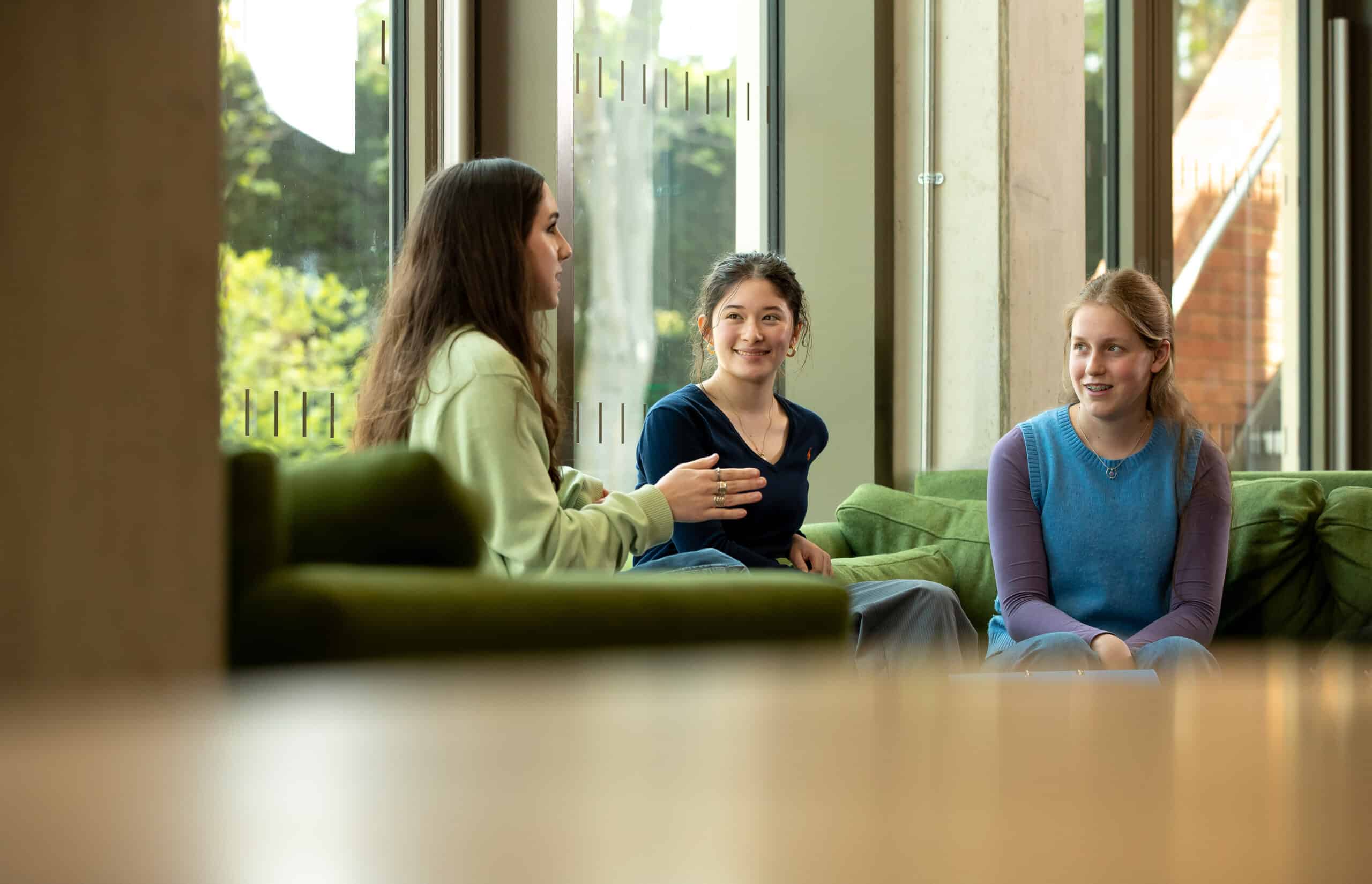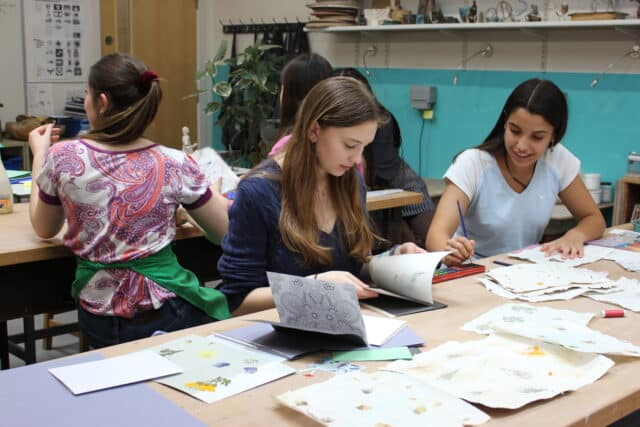This is a course in Classical Civilisation, studied over two years, leading to an AS level examination.
The teaching time is four periods a week, with two and a half hours of homework. Classical Civilisation is the study of the literature and culture of the classical world, particularly the Greeks and Romans. The course is all studied in English. No knowledge of Latin or Greek is needed.
Why choose AS level Classical Civilisation?
The course provides a broad and fascinating insight into the literature and politics of the classical world. It teaches useful skills such as critical analysis and evaluation, not only of literature but also of visual and material culture. You will also learn to formulate coherent arguments and come to evidence-based judgements. You might choose Classical Civilisation because it supports skills and ideas in your A level subjects or as a contrast to your other subjects to give you greater breadth.
Topics studied
You will study two modules. The first part of the course is called ‘The World of the Hero’ and is an in-depth study of an English version of Homer’s Odyssey. Composed about 750 BCE, it has delighted and inspired readers ever since. The Odyssey is the story of Odysseus’ return from Troy and his adventures along the way. Cyclopes, sirens, nymphs and an angry Poseidon are just some of the challenges he must overcome if he is ever to see his faithful wife Penelope again. You will gain a sophisticated understanding of the epic poem itself, the way it was composed and the religious, cultural and social values and beliefs of its society.
The second part of the course is called ‘Imperial Image’. We are all familiar with the idea of modern politicians ‘spinning’ their public image. This module explores how the Roman politician Augustus Caesar used propaganda and careful control of public opinion to create his public image and persuade a society notorious for its hated of kings to accept one-man rule. We examine the literature, visual and material culture of the period such as the art, architecture and coins to explore how Augustus conveyed his personal brand to all social classes of Rome.
Assessment
Students sit two 1 hour 30 minute papers. Each paper includes short answer questions, stimulus questions, a 16-mark essay and a 25-mark essay. UCAS points are awarded for this qualification: 20 points for a grade A.
100%
A in AS level Classical Civilisation 2024
Italy/Greece
trip with Classics and RPE Departments
Taking it further
Many universities offer degrees in classics, archaeology, ancient history and related subjects, and there are lots of joint honours degrees out there too. We offer extension sessions and support for any students applying for a classical subject. There is a senior classics society and the opportunity to join a trip to either Greece or Italy. There are often classical lectures you can come to. We have recently welcomed speakers on ‘West African civilisations’ and ‘Aristotelian virtue ethics and the skill of translation’. Interested students also went to hear Professor Mike Edmunds on the Antikythera mechanism and Ancient Greek computing. We can also help students to arrange archaeology experience.








